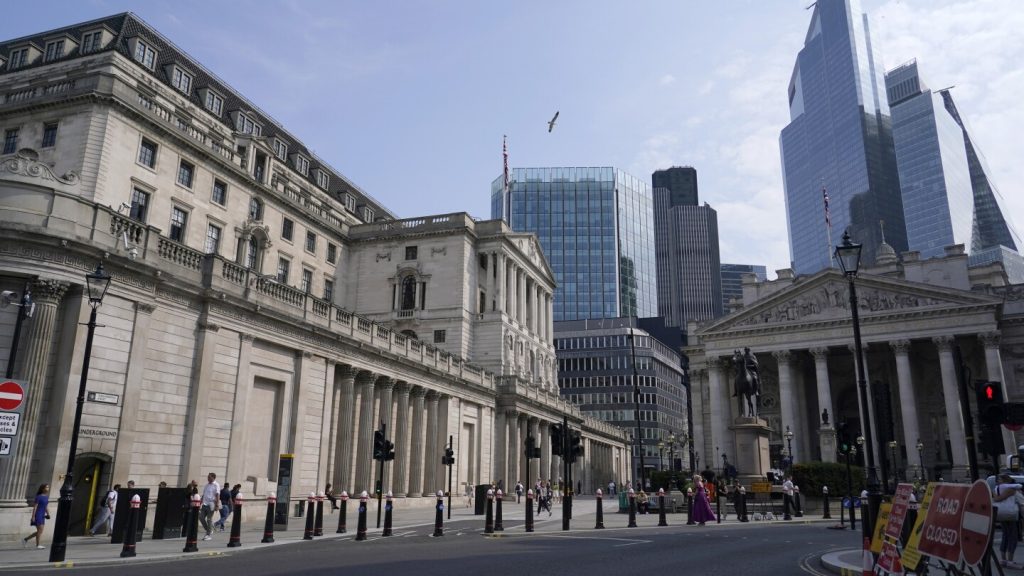The British economy remained stagnant in the third quarter of the year, as per revised official figures released on Monday. The Office for National Statistics reported no growth in the economy during the July to September period, down from the previous estimate of 0.1%. The reduction was attributed to weaker trading across bars and restaurants, leading to criticism of the new Labour government. The government, which took power on July 5, had promised to boost economic growth after winning the election but has now seen the economy stall over the three-month period.
Treasury chief Rachel Reeves, who vowed to turbocharge economic growth after Labour’s election win, acknowledged the significant challenge of fixing the economy and properly funding public finances after years of neglect. The government’s first budget in late October included tax increases on businesses to support public finances and services, but this move has been met with criticism from many economists. Businesses have responded to the tax hikes by raising prices or reducing employees and wages, further damaging the already struggling British economy.
The economy spokesman for the Conservatives, Mel Stride, highlighted the alarming signs flashing on the economy, pointing out that growth has declined under Labour’s administration. The Conservative government had inherited the fastest-growing economy in the G-7, but the growth has now taken a hit since Labour assumed power. Critics have pointed to Labour’s negative rhetoric about the economy when they took office, describing their economic inheritance from the previous Conservative administration as one of the worst in generations. The downward revision of economic growth figures has added to the challenges facing the new government in fulfilling its promise of economic revitalization.
The decline in economic growth in the UK has become a cause for concern among policymakers, businesses, and the public. With the economy flatlining and indicators pointing towards a potential decline in October, there is growing pressure on the government to take swift action to address the situation. The impact of the tax increases on businesses and the resulting consequences on employment and prices have further complicated the economic landscape. The government faces the daunting task of navigating the turbulent economic waters while trying to fulfill its commitments to boosting growth and funding public services.
As Britain grapples with an economic slowdown, the focus is now on the government’s response to the challenges at hand. The Labour government is under scrutiny for its handling of the economy and its impact on businesses and taxpayers. With the Conservatives highlighting the decline in growth under Labour’s watch, the political landscape is also being shaped by the economic slowdown. The government’s next steps in addressing the economic challenges and supporting businesses will be crucial in determining the future trajectory of the British economy. As the year draws to a close, all eyes are on policymakers and their ability to navigate the uncertain economic terrain and steer the country towards sustainable growth and prosperity.


